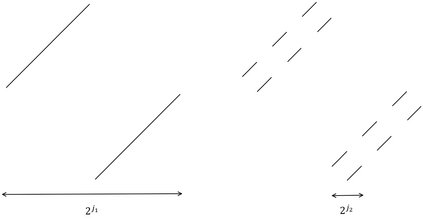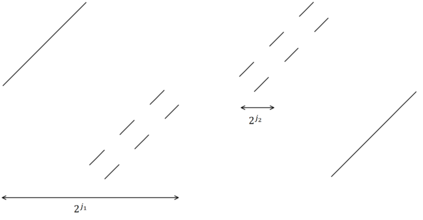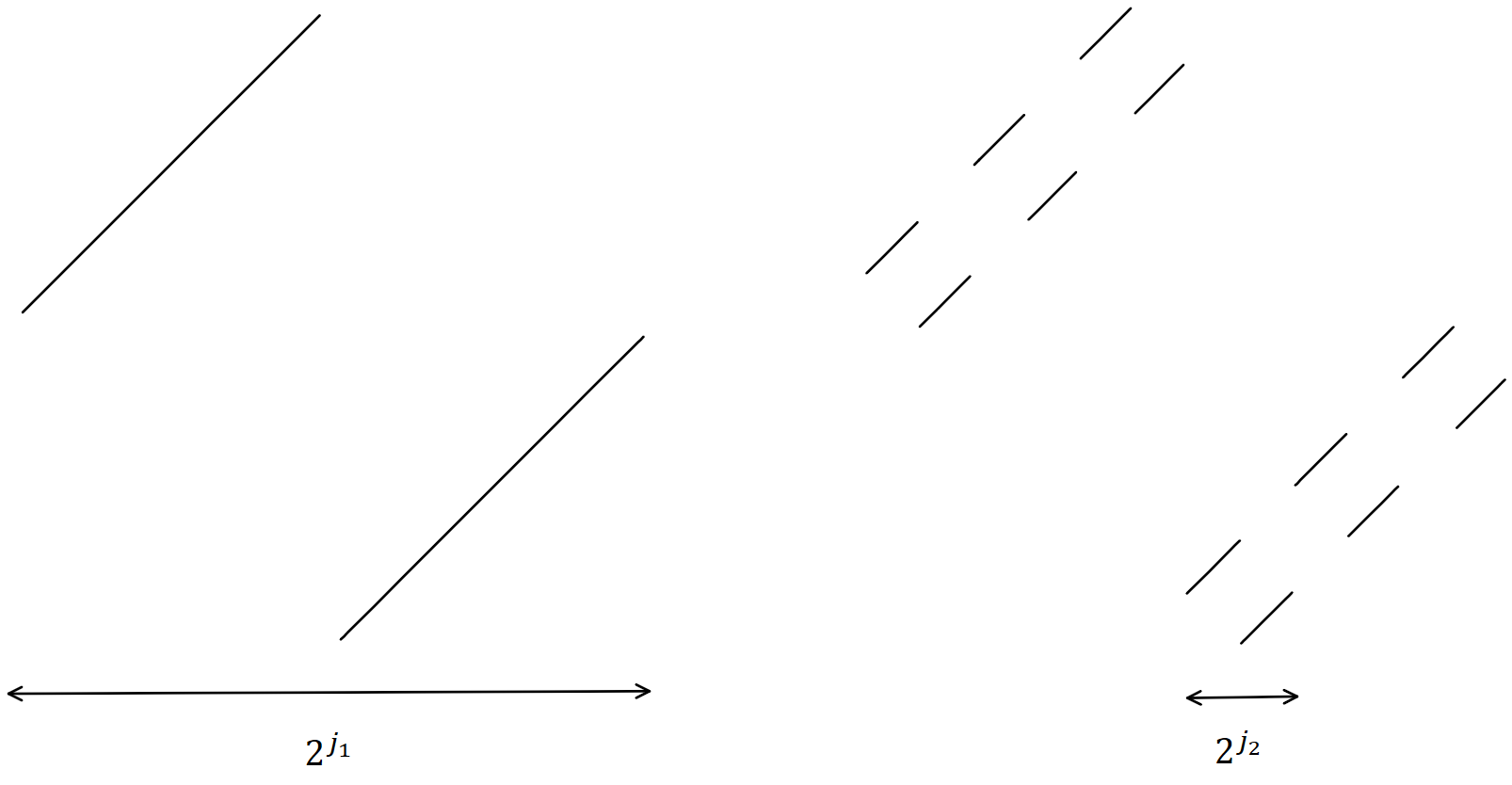Estimating the length of the longest increasing subsequence (LIS) in an array is a problem of fundamental importance. Despite the significance of the LIS estimation problem and the amount of attention it has received, there are important aspects of the problem that are not yet fully understood. There are no better lower bounds for LIS estimation than the obvious bounds implied by testing monotonicity (for adaptive or nonadaptive algorithms). In this paper, we give the first nontrivial lower bound on the complexity of LIS estimation, and also provide novel algorithms that complement our lower bound. Specifically, for every constant $\epsilon \in (0,1)$, every nonadaptive algorithm that outputs an estimate of the length of the LIS in an array of length $n$ to within an additive error of $\epsilon \cdot n$ has to make $\log^{\Omega(\log (1/\epsilon))} n)$ queries. Next, we design nonadaptive LIS estimation algorithms whose complexity decreases as the the number of distinct values, $r$, in the array decreases. We first present a simple algorithm that makes $\tilde{O}(r/\epsilon^3)$ queries and approximates the LIS length with an additive error bounded by $\epsilon n$. We then use it to construct a nonadaptive algorithm with query complexity $\tilde{O}(\sqrt{r} \cdot \text{poly}(1/\lambda))$ that, for an array with LIS length at least $\lambda n$, outputs a multiplicative $\Omega(\lambda)$-approximation to the LIS length. Finally, we describe a nonadaptive erasure-resilient tester for sortedness, with query complexity $O(\log n)$. Our result implies that nonadaptive tolerant testing is strictly harder than nonadaptive erasure-resilient testing for the natural property of monotonicity.
翻译:估计一个阵列中最大递增的分子级次序列(LIS)的长度是一个具有根本重要性的问题。尽管LIS估算问题的重要性和它所得到的关注程度,但问题的重要方面还没有得到完全理解。对于LIS估算而言,没有比测试单一度(适应性或非适应性算法)所隐含的明显界限更好的了。在本文中,我们对LIS估算的复杂程度给予第一个非三进制的下限约束,并且提供新的算法来补充我们较低的约束。具体地说,对于每一个恒定的美元估算问题和它所得到的关注程度,每个非适应性算法都显示美元长度的一组里程内里程内估计LIS的长度(对于适应性或非适应性算法的算法值)。对于LIS估算的复杂程度,我们设计非适应性算法,其复杂性以明确的货币级内程内值(美元里程里程里程里程里程里程里程里程里程里程里程里程内)。






